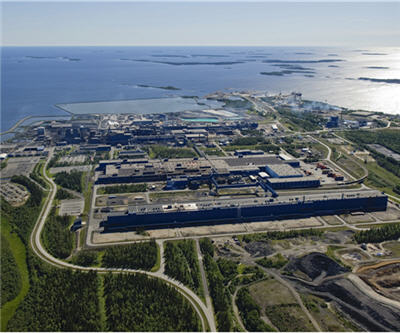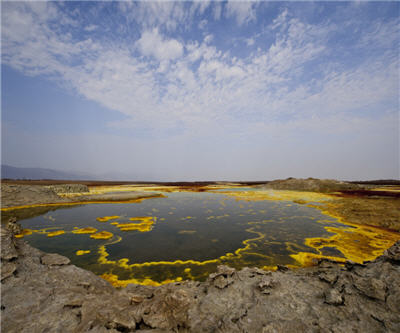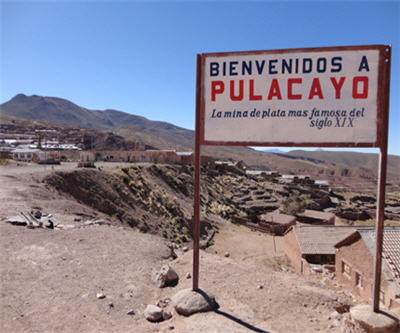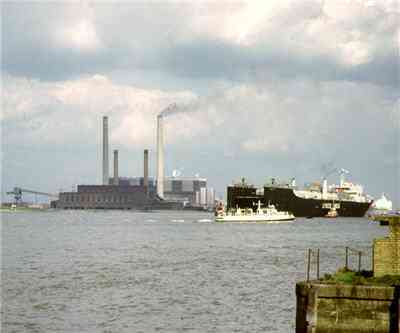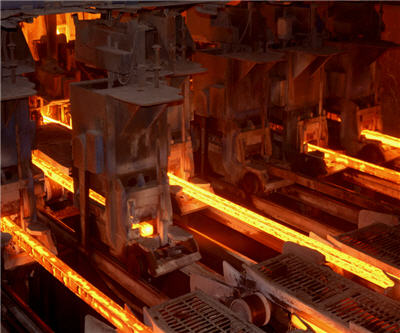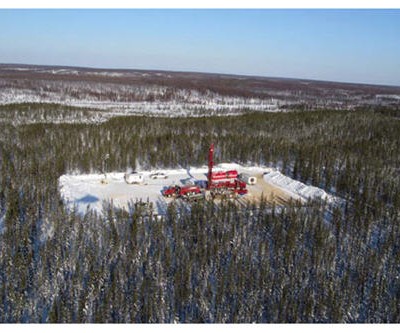Outokumpu to cut 1 in 6 workers on gloomy steel outlook
Reuters reports Outokumpu said it expected to report a significant operating loss in its final quarter as weak demand and prices continued to hit margins forcing the stainless steel maker to cut up to 1,300 jobs in an effort to reduce costs after brought on by the declining value of its raw material inventories.
While Europe's woes have been well-documented, the Finnish multinational's announcement is further evidence of a changing dynamic in the iron ore and steel market. On Tuesday Chinese steel mills forced the world’s number one iron ore producer Vale to bend over contract pricing after falls in the spot iron ore price.
